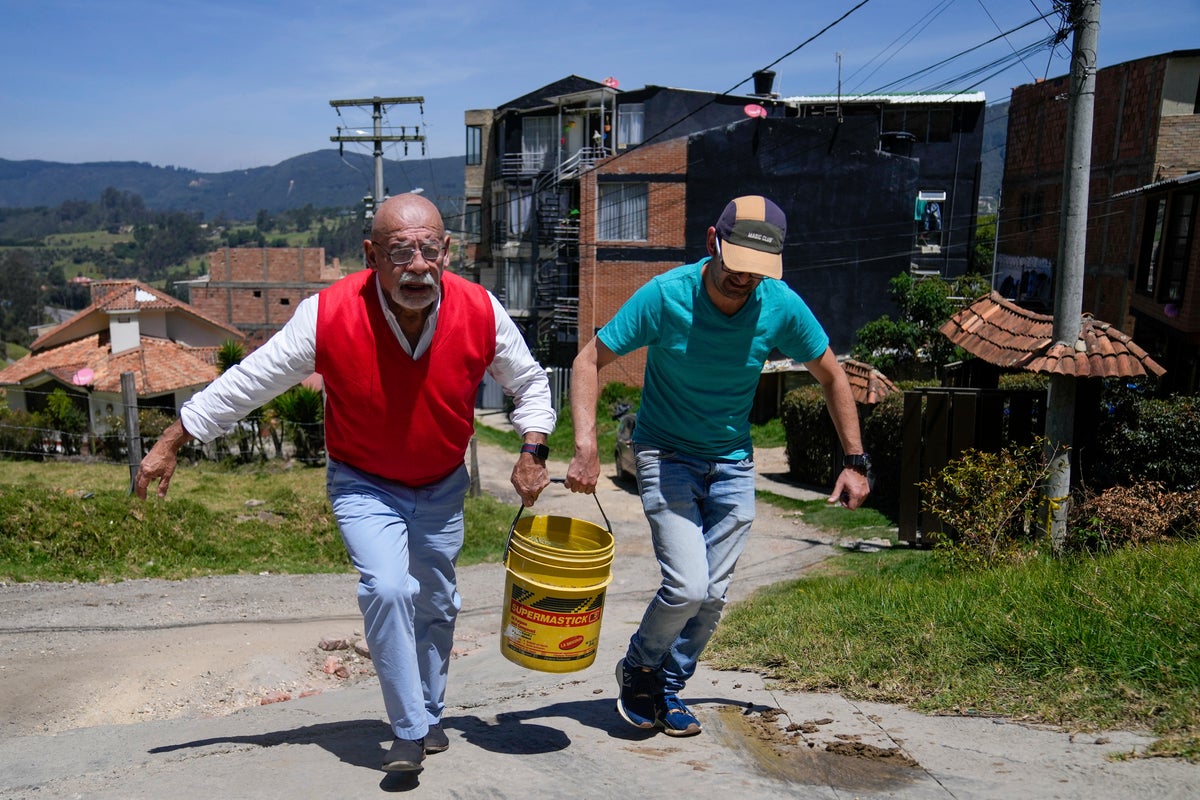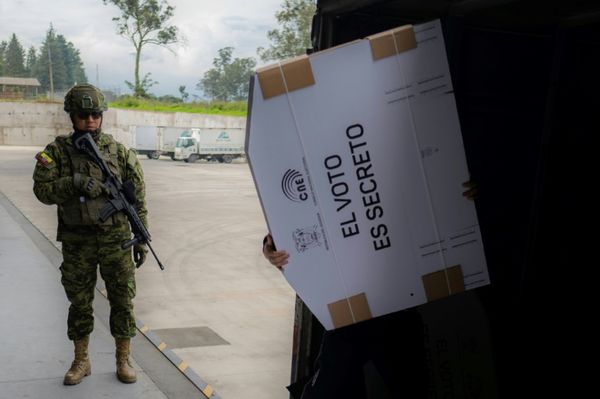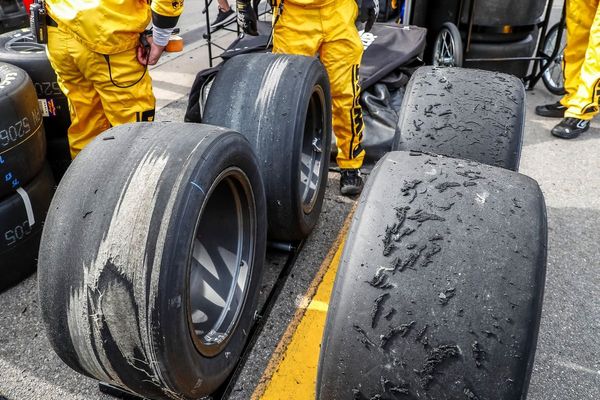
Nestled among cloud-kissed Andean peaks and known for its steady rainfall, Colombia ’s capital once seemed immune to water scarcity.
But that sense of security vanished as an unrelenting drought drained Bogotá’s reservoirs to historic lows, forcing authorities a year ago to ration water for the first time in more than four decades.
Every nine days, more than 8 million people in the city and 11 surrounding municipalities have had their water shut off for 24 hours. Households and businesses were forced to adapt by storing water in advance and cutting daily consumption.
Bogotá’s mayor, Carlos Fernando Galan, announced on Friday that the rationing will end on Saturday, declaring that the crisis has been resolved thanks to improved rainfall, effective conservation efforts and the expansion of a treatment plant that eased demand on the reservoirs, which had fallen to record lows last year.
“We know that it was a very difficult year, very complex for everyone, which affected the quality of life of local residents,” Galan said.
The yearlong rationing serves as a stark reminder of how climate extremes are reshaping urban life — and a warning for other cities facing mounting water stress amid rising global temperatures.
“In my 60 years, I’ve never lived through anything like this,” Bogotá resident Lidia Rodríguez said. “This feels like a kind of punishment. We just want it to end.”
Bogotá’s experience is not unique. In Brazil, Sao Paulo took drastic water-saving measures due to drought, as did Cape Town in South Africa, which came seriously close to running out of water entirely due to a drought that started in 2015.
“A lot of the large cities globally developed or grew rapidly in the last 50 to 100 years, and kind of took all the easy water sources they could,” said Gregory Pierce, director of the Human Right to Water Solutions Lab at UCLA.
“Now, that ability to go out and get new sources easily is not as prevalent. And of course, we have climate change making it harder,” he told The Associated Press.
Experts say drought-induced water scarcity is likely to intensify unless cities adopt both “soft” solutions — such as sustainable water use practices — and long-term infrastructure investments.
The scarcity is "likely to be exacerbated in the future, absent significant changes,” said Charles Wight, research director at Water Witness, a U.K.-based non-profit.
Rodríguez echoed that urgency, saying you “can get by without electricity, but not without water." She now collects rainwater or buys bottled water for cooking and bathing.
Unlike energy, which can be obtained from solar or wind power, water alternatives are limited. The first step, according to Pierce, is to reduce demand.
“Water rationing and this actual fear of the water supply running out, is more of a new phenomenon for a lot of major cities globally in both the North and the South,” he said. It requires top-down approaches to get people to conserve or force them to do so.
In Bogotá, officials have promoted conservation through public messaging. In one now-famous appeal, the mayor encouraged residents to “shower together” to save water.
The city is now also studying its groundwater potential, having relied until now almost entirely on rain-fed reservoirs.
“Bogotá has to expect the frequency of extreme droughts to be doubling and their intensity to multiply by three,” said Christopher Gasson, head of Global Water Intelligence, which provides business information for the water industry.
“It is virtually impossible for the city to manage water supplies without massive investment,” he said.
___
The Associated Press’ climate and environmental coverage receives financial support from multiple private foundations. AP is solely responsible for all content. Find AP’s standards for working with philanthropies, a list of supporters and funded coverage areas at AP.org.
Crowds demonstrate against gender-based violence in South Africa after alleged rape of 7-year-old
How an ‘unsecured’ penguin caused a helicopter crash in South Africa
Q&A: What has China done so far? What could China do next?
Parliament to be recalled to debate nationalising beleaguered British Steel
Plane carrying 3 people crashes in South Florida near a major highway
Family of man stabbed to death pay tribute to ‘gentle giant’







